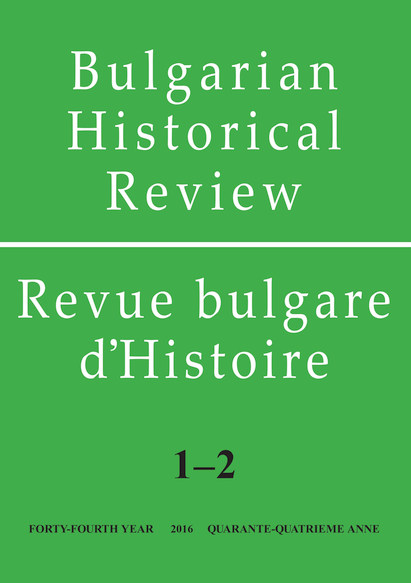
We kindly inform you that, as long as the subject affiliation of our 300.000+ articles is in progress, you might get unsufficient or no results on your third level or second level search. In this case, please broaden your search criteria.

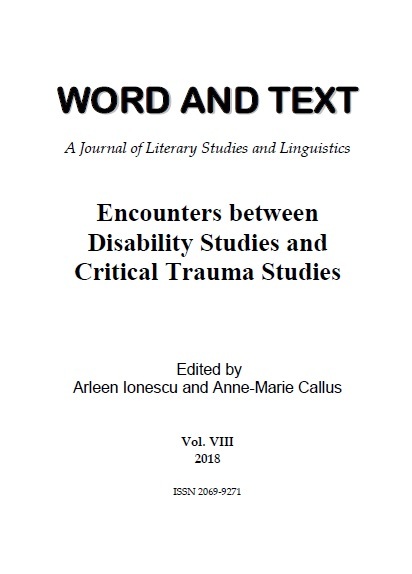
This article introduces Tod Browning’s 1932 film Freaks, in conversation with nineteenth century carnival and fair practices and further explains the creation and development of the freakshow. In tandem with theoretical work by authors such as Judith Butler, Rosemarie Garland-Thomson, Adrianna Cavarero and Lennard Davis, the article positions the freakshow within disability and trauma through the notions of ‘staring’, ‘normal’ and ‘horrorism’. Using two contemporary texts such as American Horror Story: Freakshow and the reality television series Freakshow, this article firstly introduces these texts thematically before analysing all three in conversation with one another as a means of further contextualizing the role of the freakshow in contemporary cultural products, then connecting these texts to the notion of violence and the use of disability as a tool for horror. The article concludes that although the freakshow has been dismantled in the literal sense, the obvious bodily difference that predicates it still remains present in today’s cultural sphere.
More...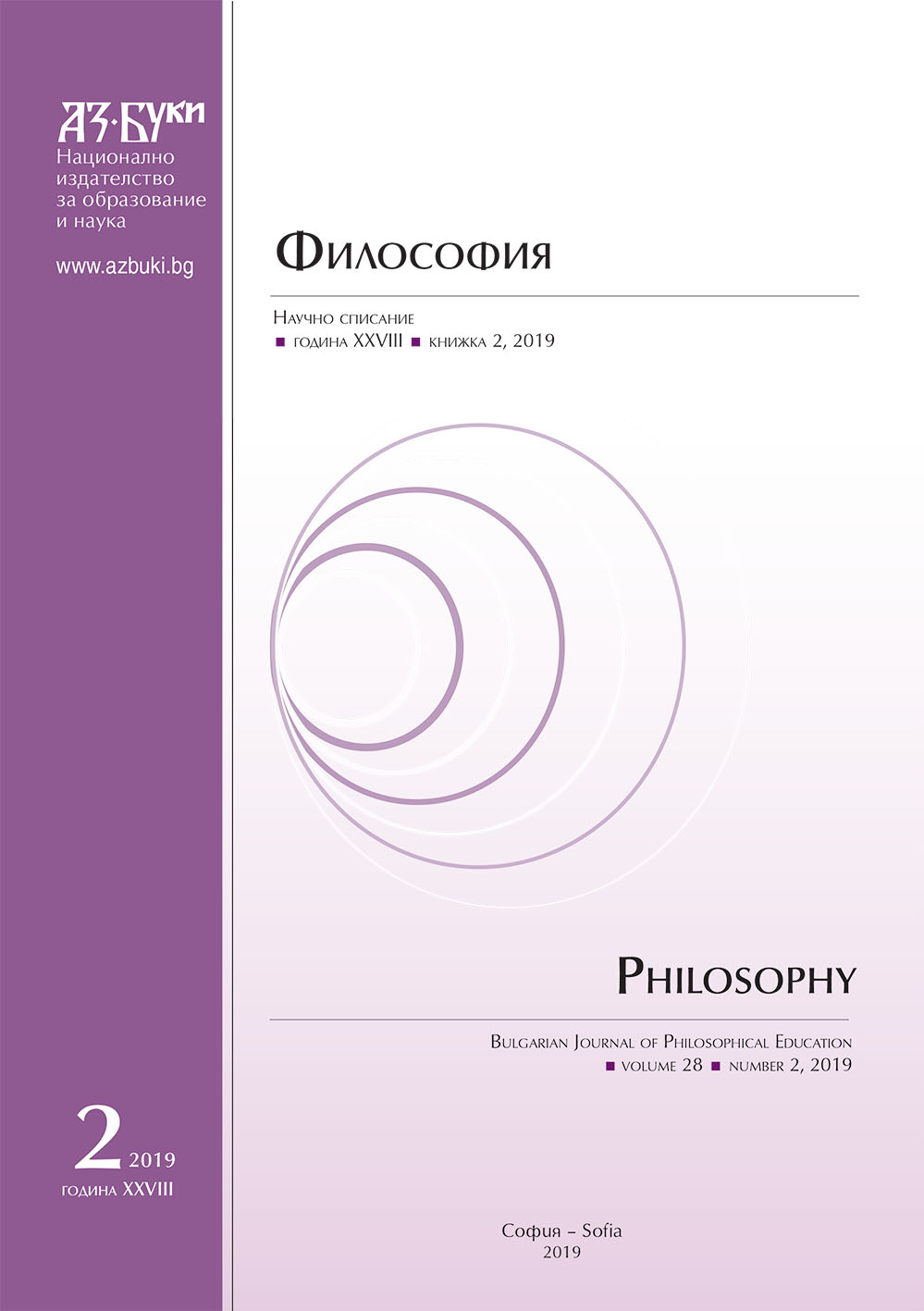
The article offers arguments for the compatibility of specific types of internalism and externalism in epistemology through a comparative analysis of the approaches based on their aims of investigation. Such compatibility is viewed as possible after the oppositional differences that are related to the elements of justification, are overcome. In this regard, the question about the agents of knowledge is answered, with reference to the thesis about the irreducibility of the internalist condition of reflexive access. Considerations of conceptual clarity and succession are raised with regard to the externalist condition that removes the epistemic arbitrariness in the founding of beliefs.
More...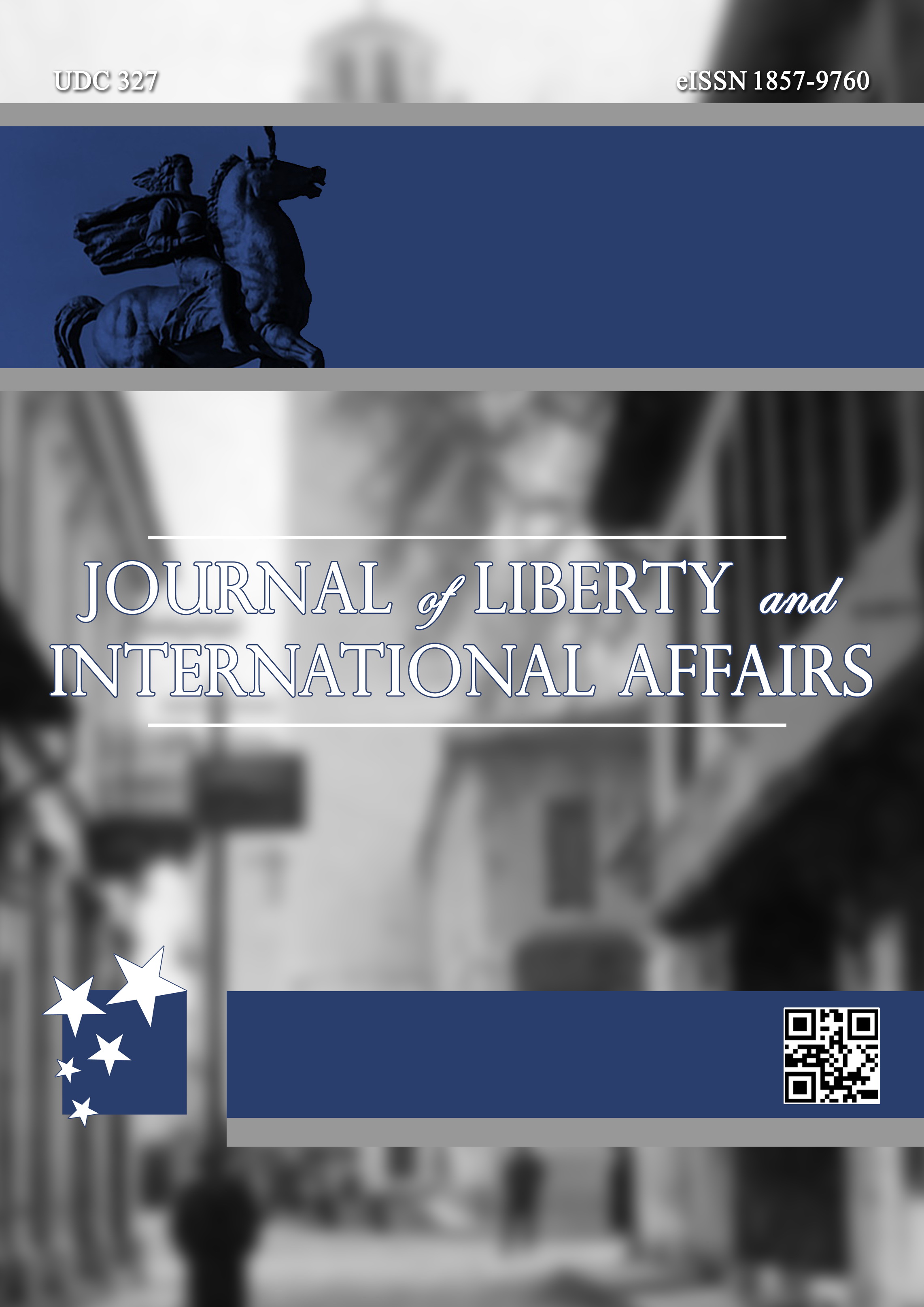
This article aims to explain citizens’ support for the Law on the Use of Languages (LUL) through their demographic characteristics, political participation, party affiliation and ethnic belonging. We base this article on an empirical ordered logistic regression models using an original database of 669 Macedonian respondents. We compare the support of Macedonian public for the LUL with the support for the general idea of promotion of the use of the languages of the non-majority ethnic communities in Macedonia. We argue that both the support for promotion of minority languages in Macedonia, as well as the support for this concrete Law depends mainly on citizens’ ethnicity and party affiliation. We find statistically significant opposition for the LUL among the ethnic Macedonians, the (Macedonian / mainstream) opposition parties, the participants in the so called ‘For a Shared Macedonia’ initiative, and those whose mother tongue is a minority language other than the Albanian.
More...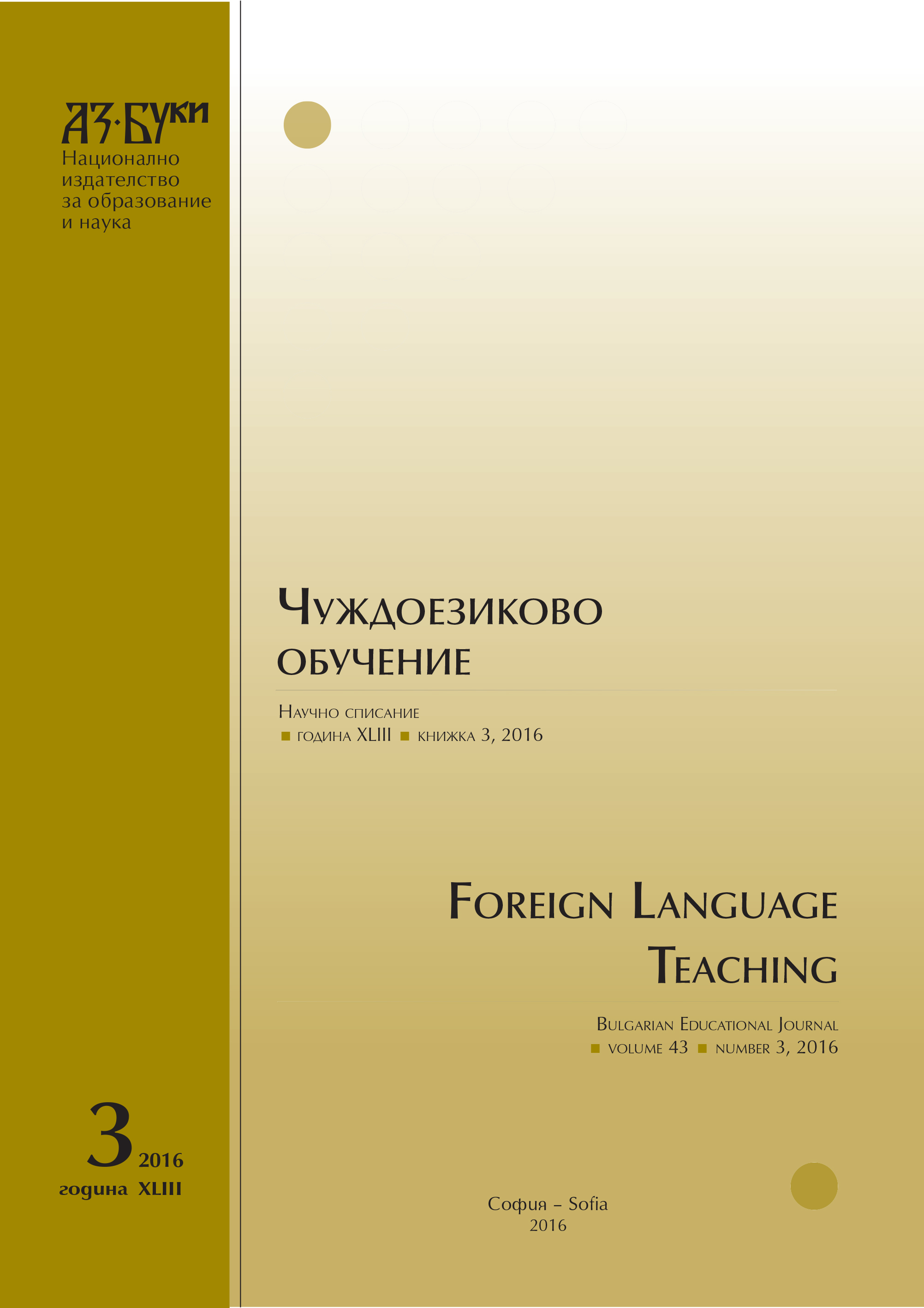
Interview with Prof. Lyudmila Verbitskaya, DSc., President of the Russian Academy of Education
More...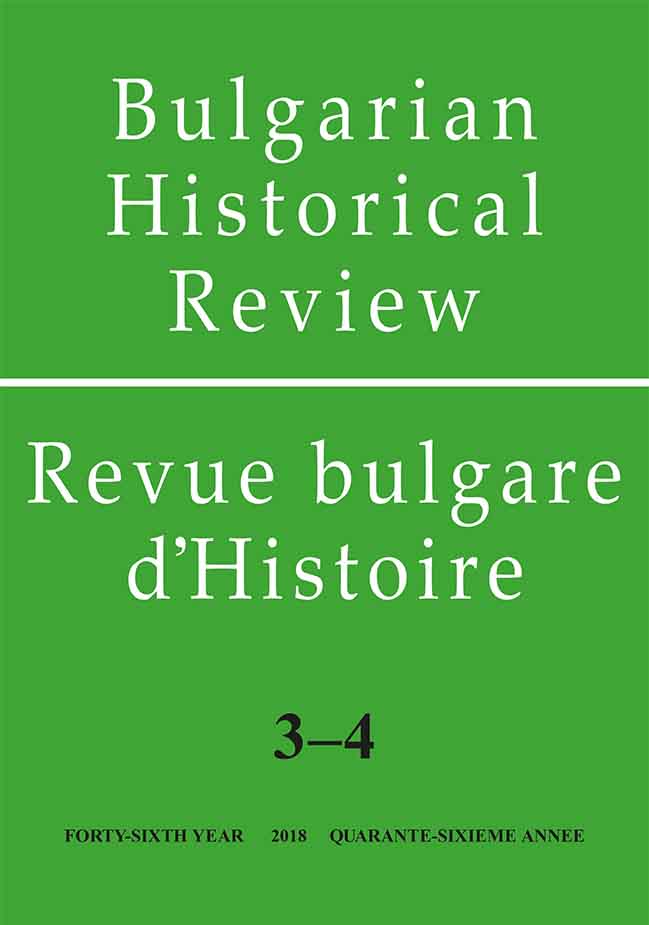
Tabish Khair’s novel, Filming (2007), highlights many deeply vexed issues that are central to any discussion on colonial/postcolonial humanism. The novel presents the film industry of Hindustan and the lives of people associated with this charismatic industry. It also deals with the maltreatment of women and the manner in which their voices are muffled by the male chauvinistic society, thus making them the subaltern that cannot speak, or if they do manage to speak, they are brusquely silenced, because it questions the authority of those in power, and concomitantly tries to reroute the established power relations, and hence these voices and demands are to be viewed as something that deserves immediate disapproval and censorship.
More...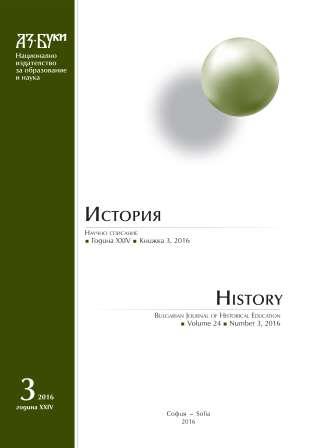
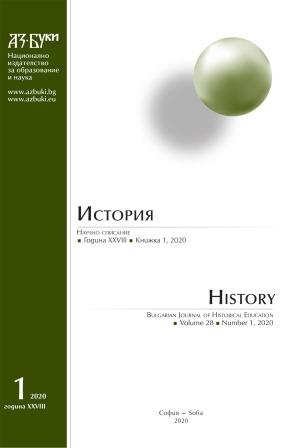
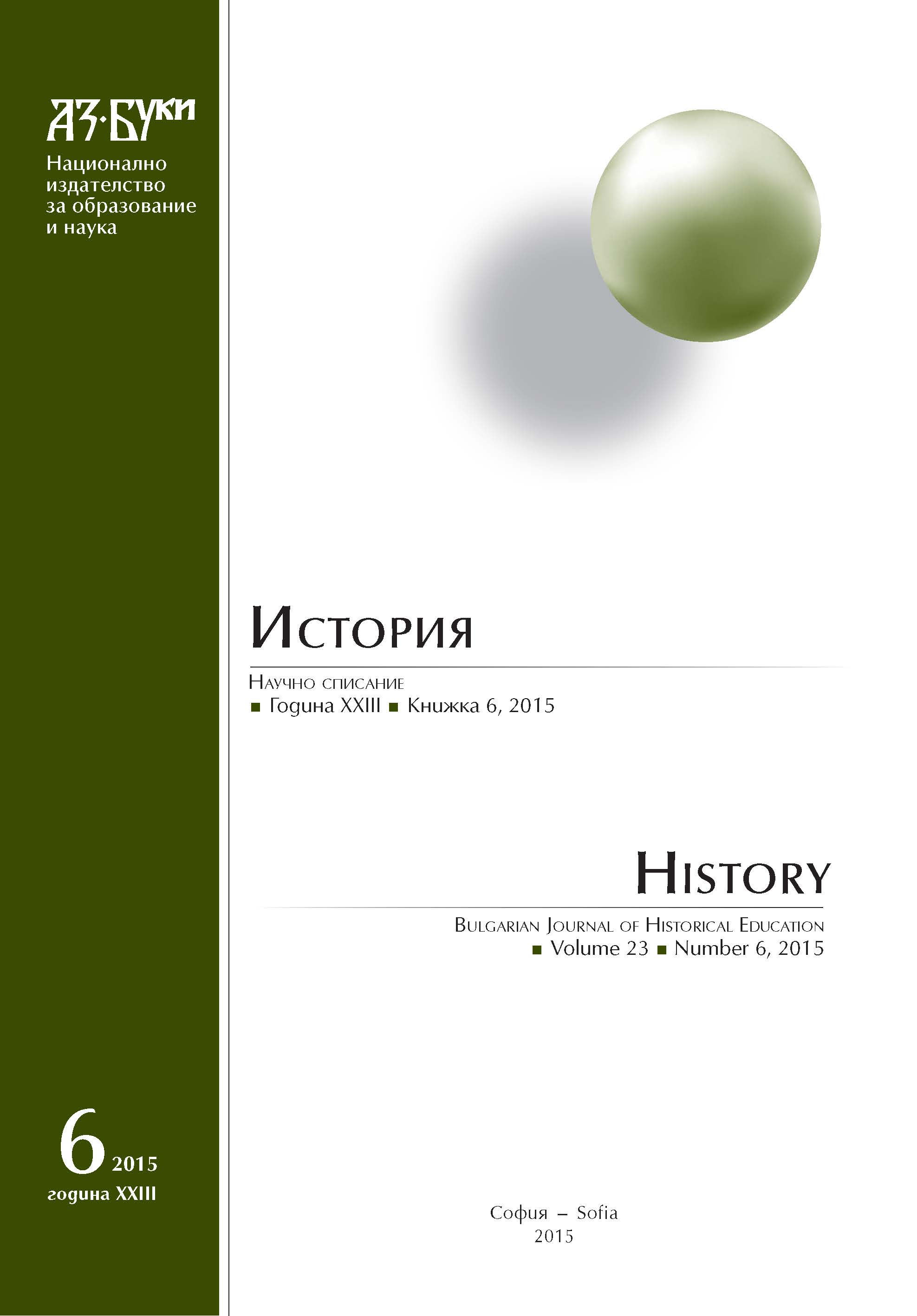
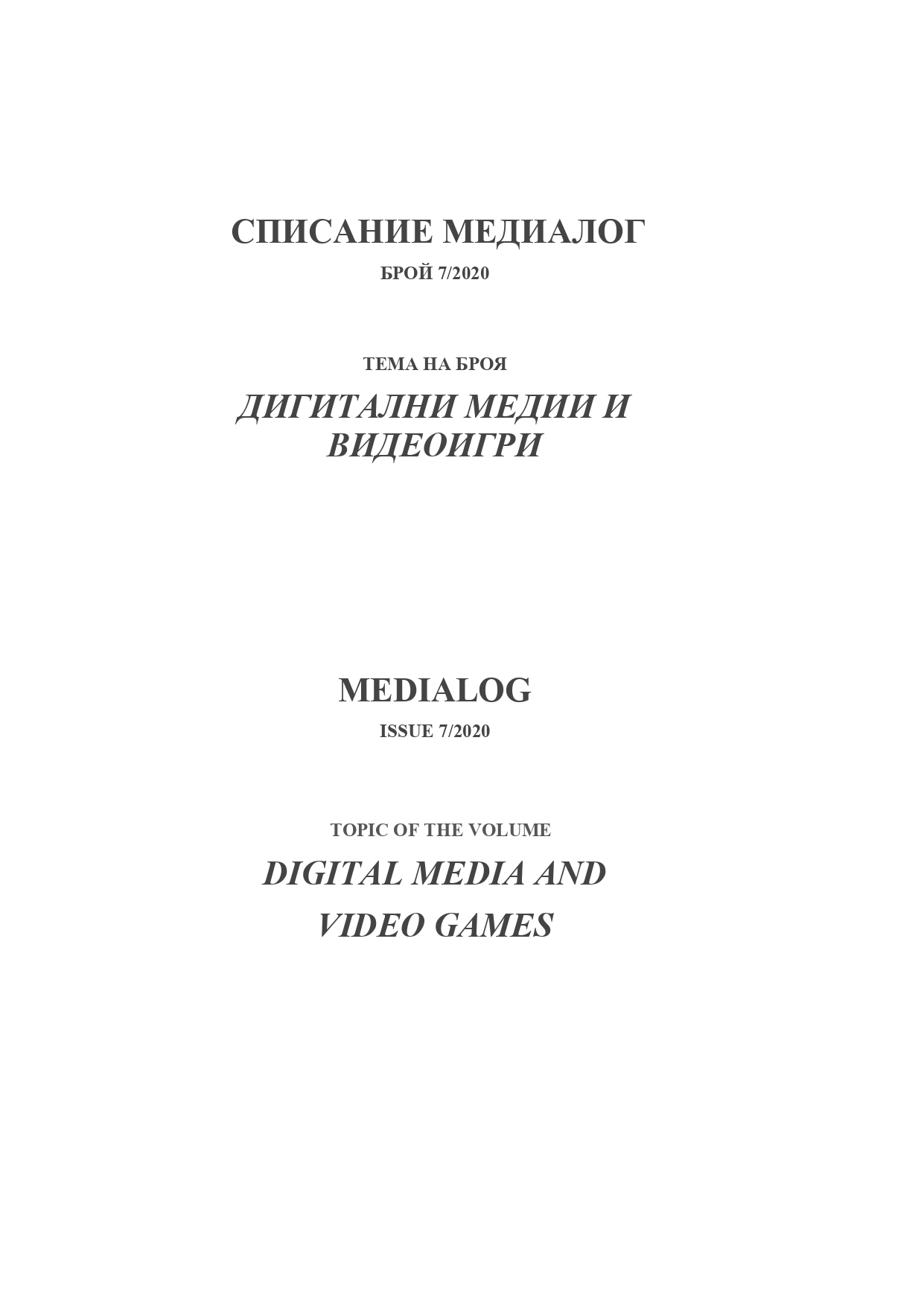
Ralitsa Kovachevs’s new book on international journalism continues the story of how Bulgarian media cover world topics and problems. The author focuses on the opportunities for “getting to know the spatially distant, which is actually very close in time”, provided by professional journalism.
More...
A review of the collection “The Soft power of popular music in media (by examples from Bulgaria and the Balkans”, comp. Lozanka Peicheva. Sofia: “St. Kliment Ohridski” University Press, 2020 (160 p.). The collection is part of research collective’s work on the eponymous scientific project “The soft power of popular music in media (by examples from Bulgaria and the Balkans”, financed by the Bulgarian national science fund.
More...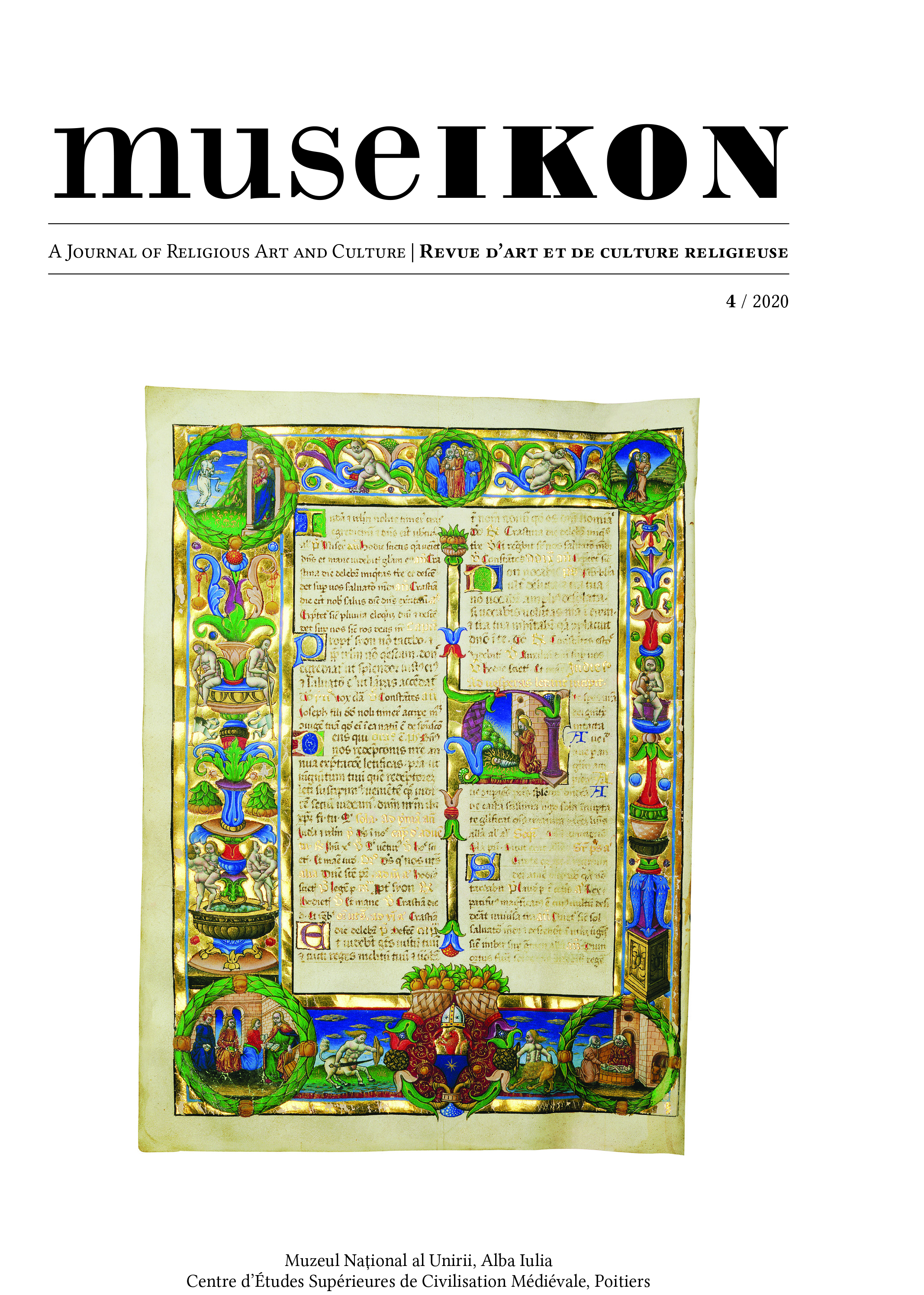
Dès le milieu du XXe siècle, les chercheurs bulgares s’intéressent à l’étude des œuvres d’art religieux russe qui sont arrivées dans l’aire culturelle bulgare; mais ces études n’ont jamais été menées de manière intensive. Les futures approches devront collecter, cataloguer et étudier les collections plus importantes d’icônes, d’estampes et d’objets russes de culte, en rassemblant toutes les informations nécessaires qui concernent les modalités d’acqui- sition de ces objets, leurs donateurs et leurs histoires individuelles. Une attention particulière devra être accordée aux peintres russes qui ont vécu en Bulgarie, ainsi qu’aux Bulgares qui ont étudié les arts en Russie, sachant que ces derniers ont peint des icônes après le retour en Bulgarie. L’influence de l’art orthodoxe russe sur les sujets abordés et les styles utilisés dans l’art bulgare pourra compléter ce panorama. La présente étude se propose de faire le bilan des recherches en cours.
More...
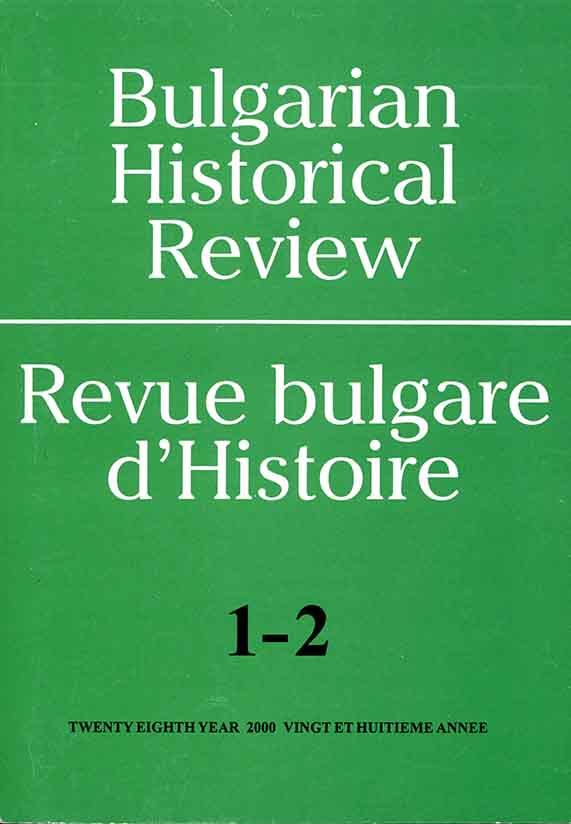
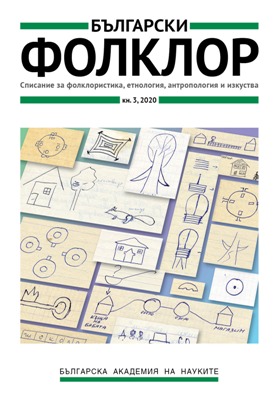
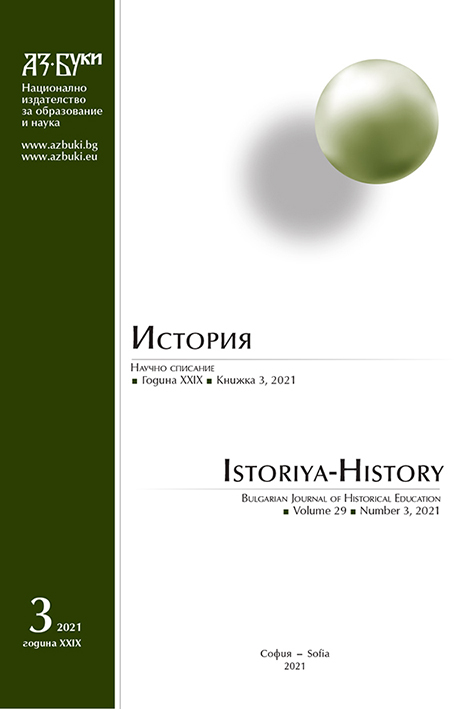
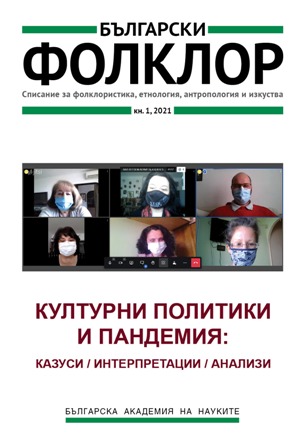

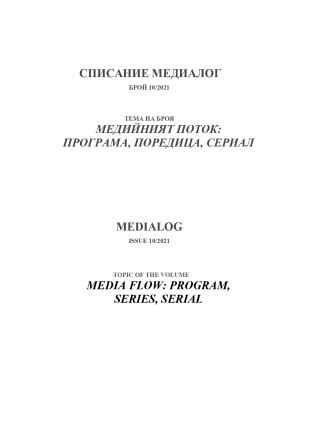
Review of Rosemary Statelova's latest book ‘The Story of a Musicologist’ (Sofia: Riva, 2020). The book, defined as ‘memoir-autobiography’, is not only a biography of Rosemary Statelova, her family and professional environment, but also a biographical history of the packed Bulgarian time in the last 70 years, structured as fragments of memories and texts.
More...